Black mold, scientifically known as Stachybotrys chartarum, is a silent intruder that can wreak havoc on homes and the health of residents. In Burlington, Vermont, a city known for its picturesque landscapes and vibrant real estate market, the presence of black mold can have a hidden and detrimental impact on property values. This comprehensive investigation explores the various facets of how black mold affects property values in Burlington, shedding light on a crucial but often overlooked aspect of real estate.
The Burlington Real Estate Market
Burlington’s real estate market is a unique blend of natural beauty, cultural vibrancy, and economic stability. The city’s attractive features have contributed to a competitive and dynamic real estate landscape. However, the presence of black mold can cast a shadow over this otherwise thriving market.
The Attractiveness of Burlington’s Real Estate
Burlington, nestled beside Lake Champlain and surrounded by lush landscapes, offers a compelling mix of natural beauty and cultural richness. The city’s vibrant arts scene, bustling downtown, and proximity to outdoor recreation make it a sought-after location for homeowners and investors alike. However, the attractiveness of the real estate market can be significantly marred by the presence of black mold.
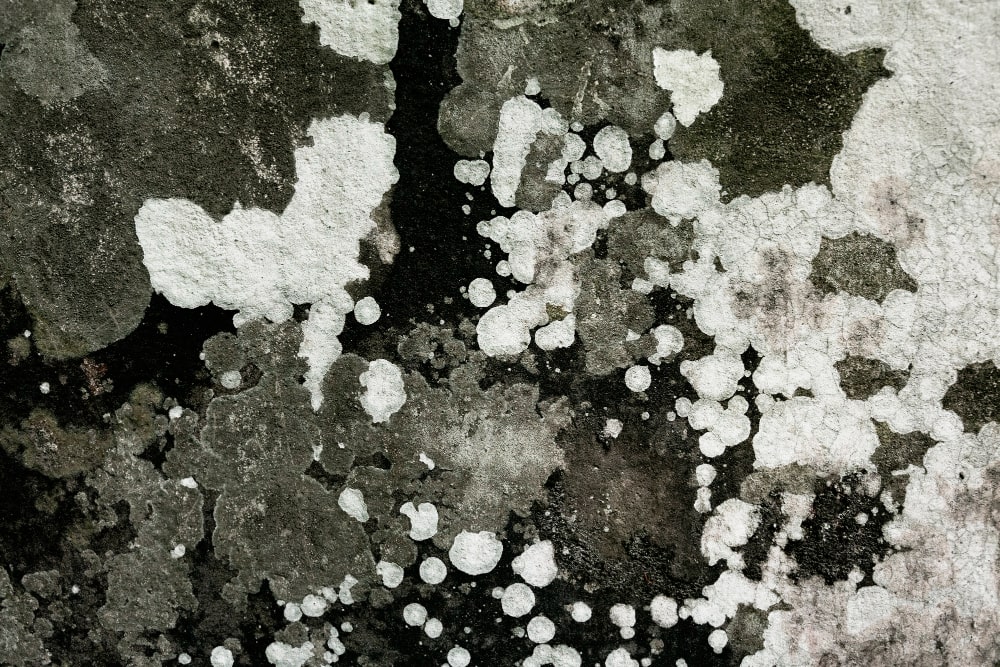
Property Values in Burlington
In recent years, Burlington has experienced a notable increase in property values. The strong local economy, combined with the city’s scenic charm, has led to a growing demand for homes in the area. As a result, property values have been on the rise, creating a competitive market. However, the presence of black mold can disrupt this upward trend, affecting not only individual property values but also the real estate market as a whole.
The Hidden Impact of Black Mold
While the health risks of black mold exposure are well-documented, its impact on property values is often hidden from plain sight.
The Health Risks of Black Mold
Before delving into the effects on property values, it’s essential to understand the health risks associated with black mold. Exposure to black mold can lead to a range of health issues, including respiratory problems, allergies, and even more severe conditions for vulnerable individuals. In Burlington, the health consequences of black mold are a cause for concern, and they are intrinsically linked to property values.
The Unseen Threat to Home Inspections
One of the hidden impacts of black mold is its interference with home inspections. Buyers typically hire inspectors to assess the condition of a property before purchase. However, black mold may remain hidden from plain sight, making it challenging for inspectors to identify. This can result in undisclosed issues that buyers may discover only after the purchase, leading to potential devaluation.
Disclosures and the Property Valuation Process
Property sellers are often legally required to disclose known defects or issues with a property. However, the presence of black mold may go unnoticed or undisclosed, impacting the property valuation process. When buyers become aware of mold issues after a sale, they may seek compensation or devaluation of the property, contributing to a negative effect on its overall value.
The Impact on Home Appraisals
Home appraisals play a crucial role in determining the fair market value of a property. Black mold can affect the outcome of appraisals, as appraisers consider both the property’s physical condition and market factors. The presence of mold may result in a lower appraised value, potentially affecting the property’s listing price and marketability.
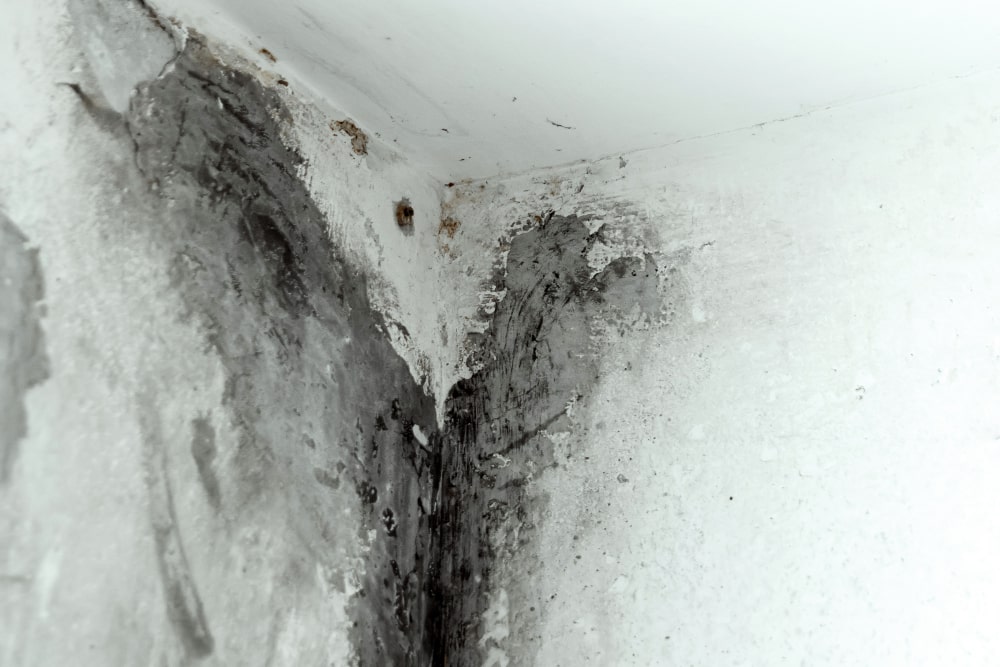
Case Studies and Real-Life Examples
Real-life case studies provide insight into the practical implications of black mold on property values.
Case Study 1 – The Suburban Home
In a typical Burlington suburb, a family decides to put their house on the market. The property is well-maintained and has seen appreciation in recent years. However, during the inspection, black mold is discovered in the basement, unbeknownst to the sellers. The news spreads to potential buyers, resulting in a lower offer compared to the initial listing price. The sellers are forced to invest in mold remediation and adjust their asking price, illustrating the hidden financial impact of mold on property values.
Case Study 2 – The Lakefront Retreat
A lakefront property in Burlington is considered a gem, with a picturesque view and a thriving short-term rental history. However, hidden within the walls, black mold thrives due to high humidity levels. During a routine inspection, the mold issue is uncovered, leading to extensive remediation efforts and a temporary loss of rental income. The property’s value is also affected, as potential buyers become wary of future mold-related problems.
The Importance of Mold Remediation
Mold remediation professionals play a crucial role in mitigating the impact of black mold on property values. In Burlington, experienced experts can identify and effectively remove mold, restoring a property to a healthy and safe condition. Their services are vital for homeowners looking to maintain or increase their property’s value.
The Role of Mold Remediation Professionals
Mold remediation professionals possess the expertise and equipment to address black mold effectively. They can identify the extent of the infestation, safely remove the mold, and provide guidance on preventing its return. Their services are essential in ensuring that a property’s value is preserved.
Mold Disclosure and Transparency
Transparency is crucial for both sellers and buyers. Sellers should be proactive in disclosing any known mold issues and ensuring proper remediation has been conducted. Buyers should prioritize thorough inspections, including mold assessments, to protect their investment and health. In Burlington’s real estate market, transparency builds trust and helps maintain property values.
Conclusion
In conclusion, the hidden impact of black mold on property values in Burlington is a complex and multifaceted issue. While the health risks associated with black mold are well-known, the effects on property values are often hidden and underestimated. Real-life case studies illustrate the financial consequences of mold discovery, including lower offers and the need for remediation. Mold remediation professionals and transparent practices are essential for mitigating this impact.
As Burlington’s real estate market continues to thrive, addressing the hidden impact of black mold becomes increasingly important.
By understanding the relationship between mold and property values, homeowners, buyers, and sellers can navigate the market more effectively, ultimately preserving the allure of this picturesque city.
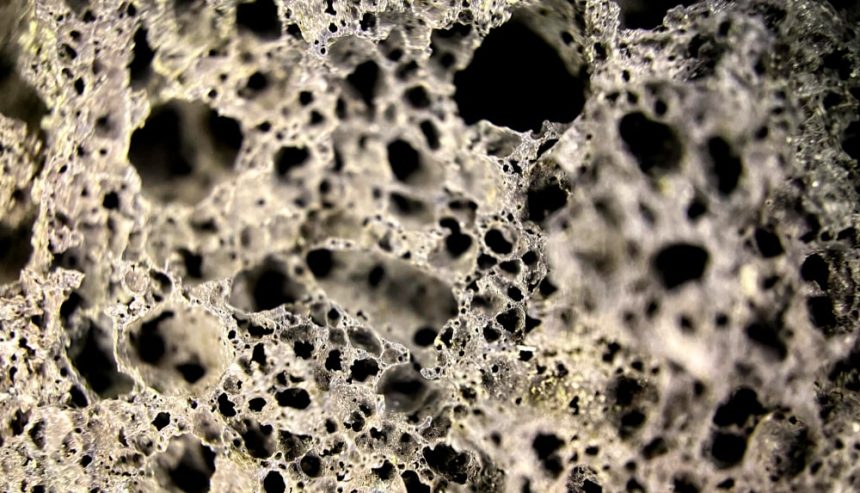

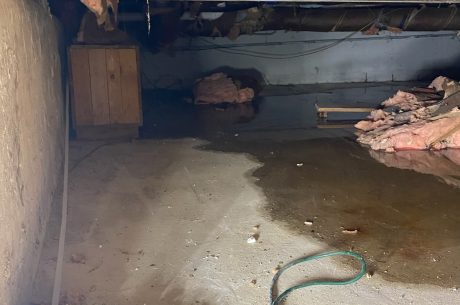
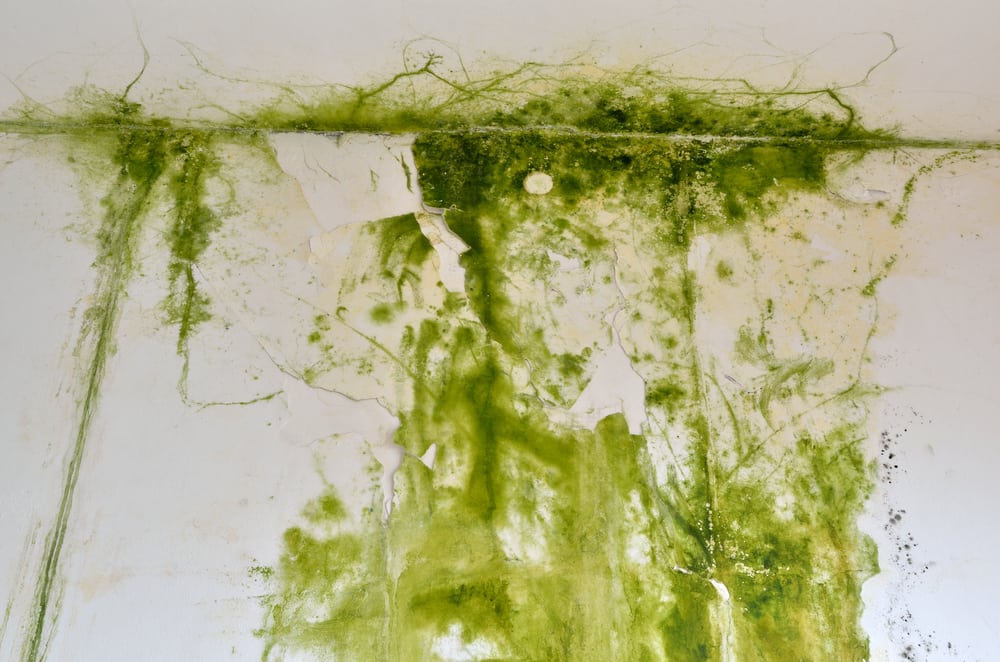
 PuroClean of Burlington
PuroClean of Burlington